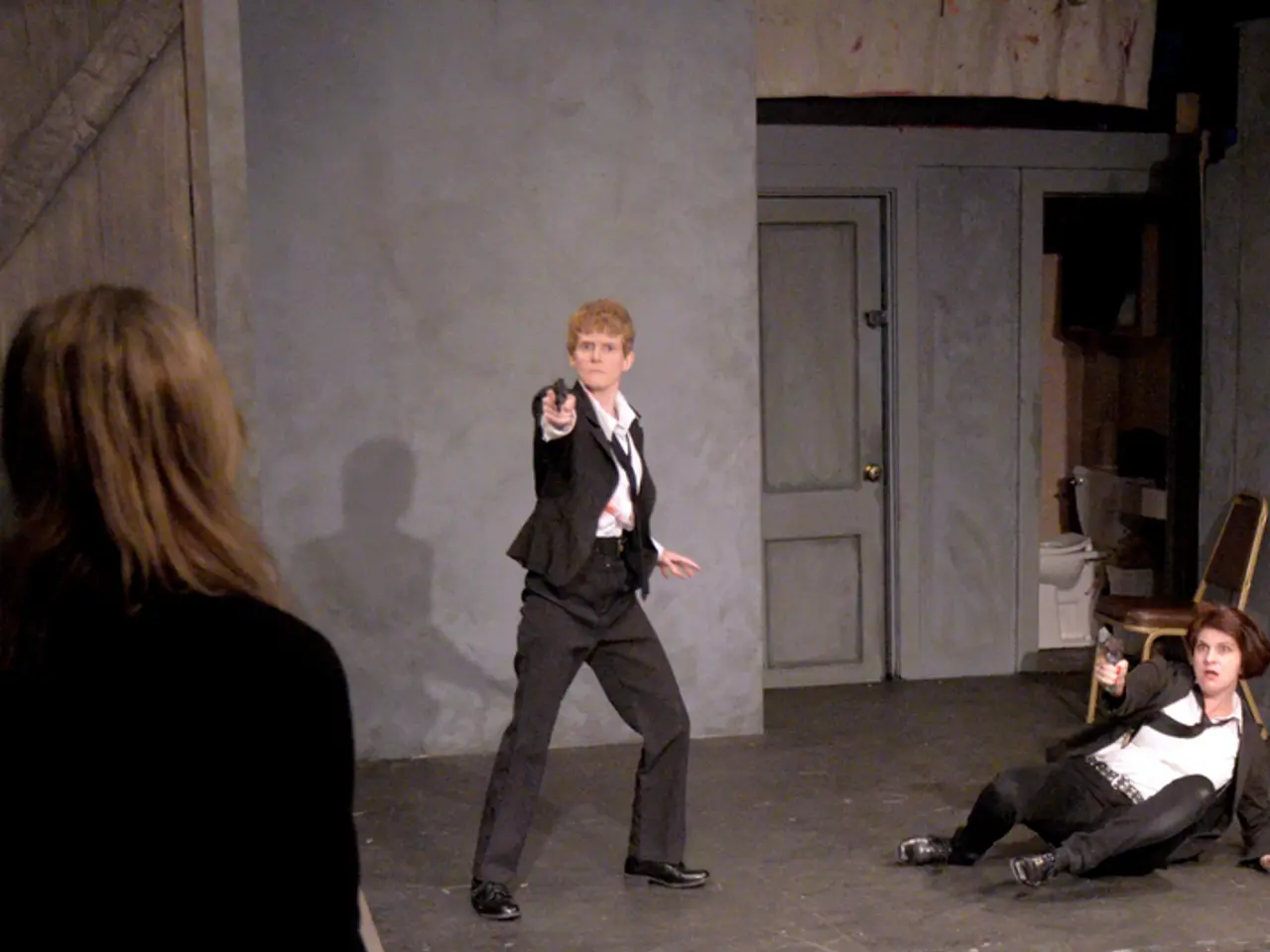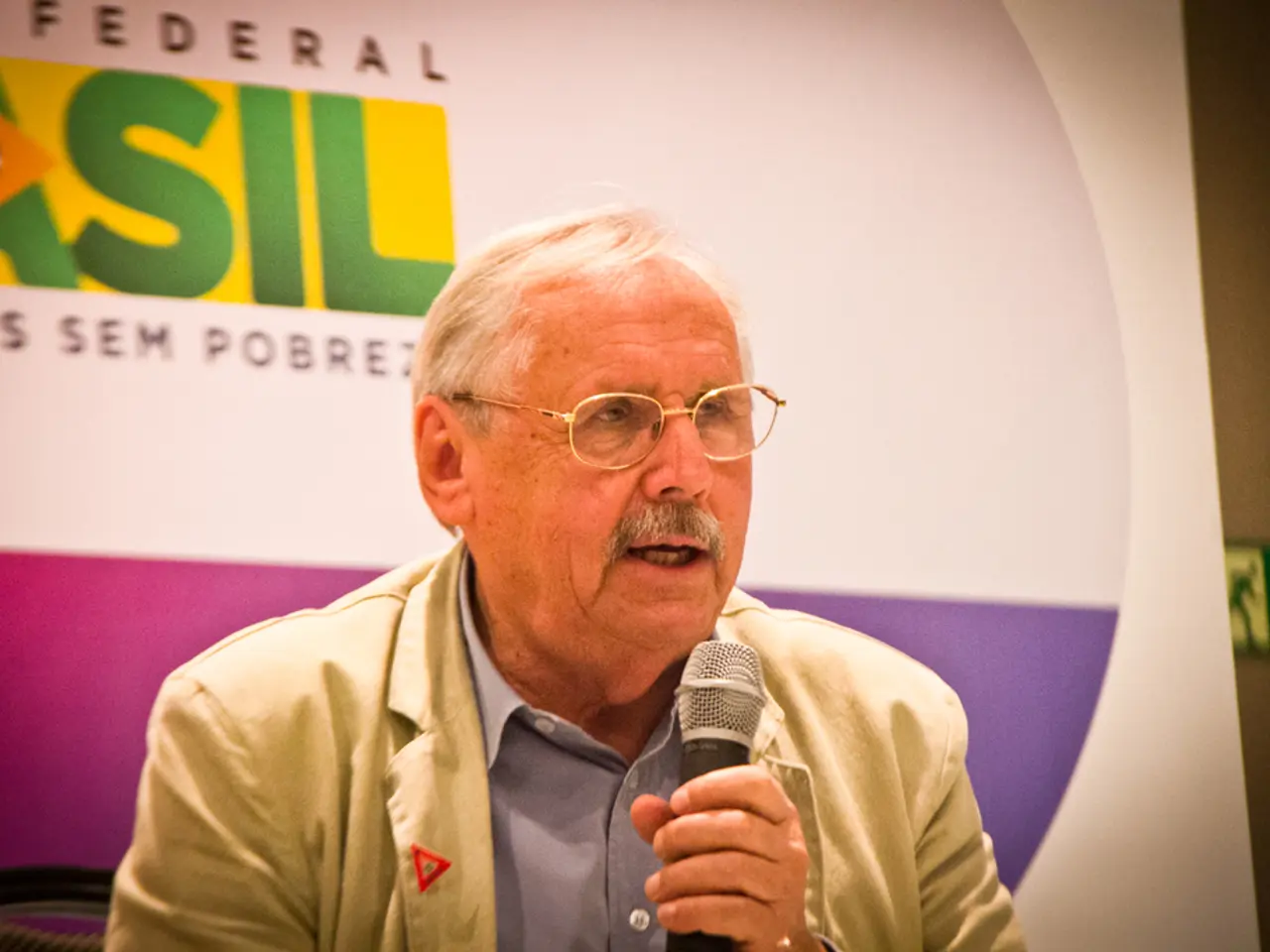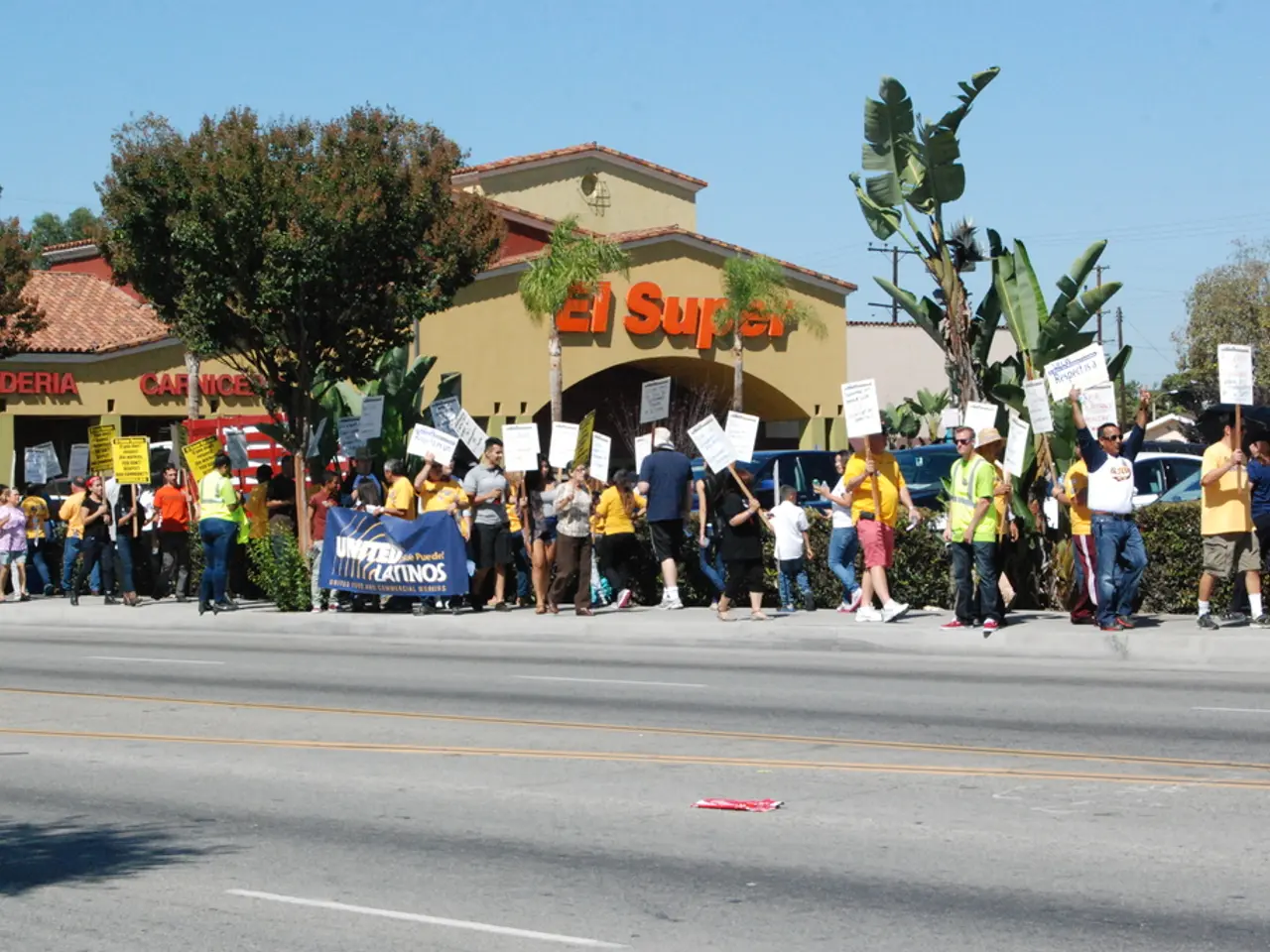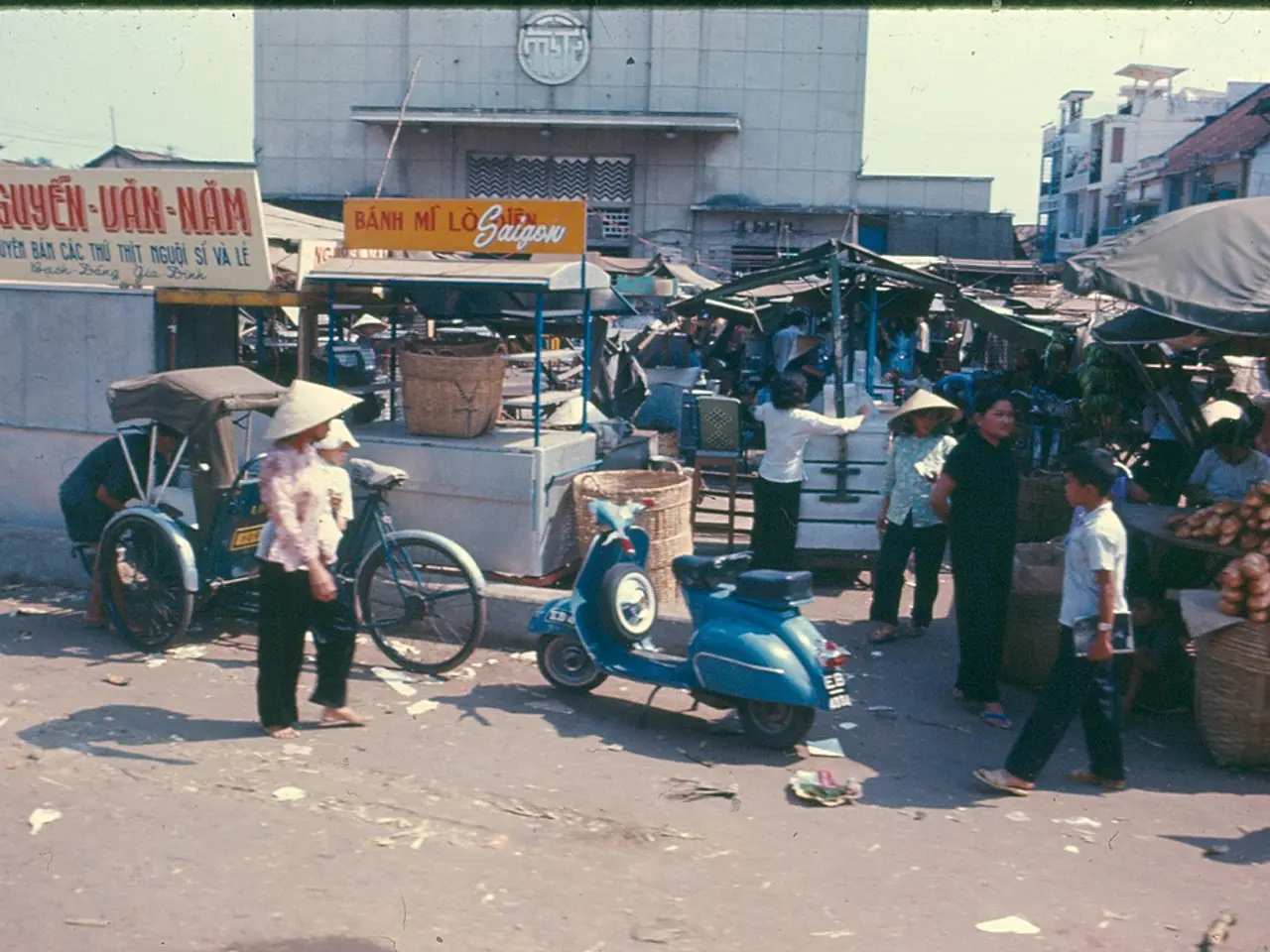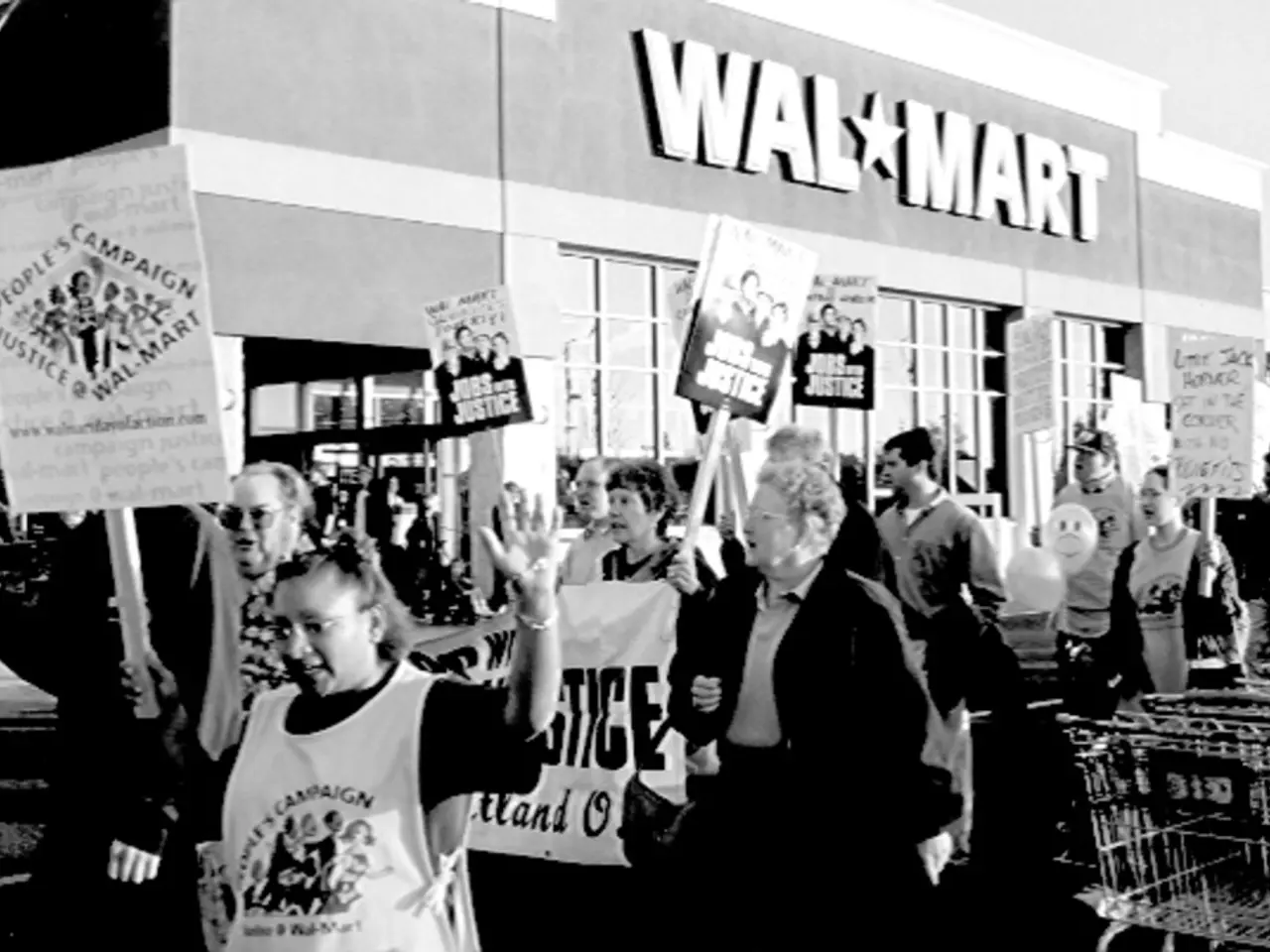Town Hall Debate: Ramaswamy Challenges Assertion of Black History being Ignored in Cincinnati
In a town hall event held in Cincinnati, Ohio, Republican candidate for governor Vivek Ramaswamy addressed the pressing issues of crime and public safety. The gathering was in response to a brutal beating of a White woman that had gone viral online.
Ramaswamy, who included everyone in the room as "our people", regardless of race or gender, found the question about race uncomfortable but believed leaders should answer difficult questions. He emphasized the need to confront truths, even when they are uncomfortable.
The discussion on race was sparked by an audience member named Robert, who accused Ramaswamy of sweeping Black history under the rug in America, particularly in the debate around rising crime. Robert argued that the history of Black people in America has not been adequately part of contemporary conversations around public safety.
Ramaswamy responded by stating that America, despite its imperfections, should have ideals. He used China and Iran as examples, highlighting the importance of upholding the principles of justice and equality, even in the face of adversity.
Sarah Heringer, another attendee, recounted a home invasion during the town hall event, underscoring the urgency of addressing crime and public safety. Ramaswamy stated that last week's public beating in Cincinnati should not be ignored in discussions about public safety and crime.
The historical context of Black history being "swept under the rug" in America involves deliberate omissions and distortions of African American experiences, such as the Tulsa Race Massacre of 1921, which was largely omitted from history until investigations began in 1997. This pattern of erasure diminishes the recognition of Black contributions and the realities of racial violence and injustice.
In contemporary terms, this erasure persists through efforts to rewrite or erase Black history in schools, often linked to political campaigns against inclusive education and critical race theory. Experts emphasize that understanding the full history is essential for addressing current injustices and moving toward true equity and safety.
Ramaswamy suggested that the question was not pre-screened by him or his team, indicating an openness to address pressing issues, even if they are uncomfortable. His response landed differently on a specific point, but his emphasis on confronting truths resonated with many in the room.
Professional historians and organizations actively advocate against such erasures, fighting misinformation and supporting history education to preserve the integrity of Black historical narratives. Their efforts reinforce the idea that confronting the full truth of America's racial past is crucial for informed public discourse about crime, public safety, and systemic reform.
Ramaswamy concluded by stating that every hard-working American should be able to go into their city without fear of assault or battery. His stance on crime and public safety reflects a commitment to creating a safer Ohio for all its residents.
Ramaswamy's stance on addressing uncomfortable questions about race extended to discussing Black history, acknowledging deliberate omissions and distortions in America's narrative that need to be confronted for informed public discourse regarding crime-and-justice and general-news. Addressing the need for truth in political discussions, he proposed that every American should be able to live without fear, emphasizing crime-and-justice and public safety as pressing issues in the political landscape.
